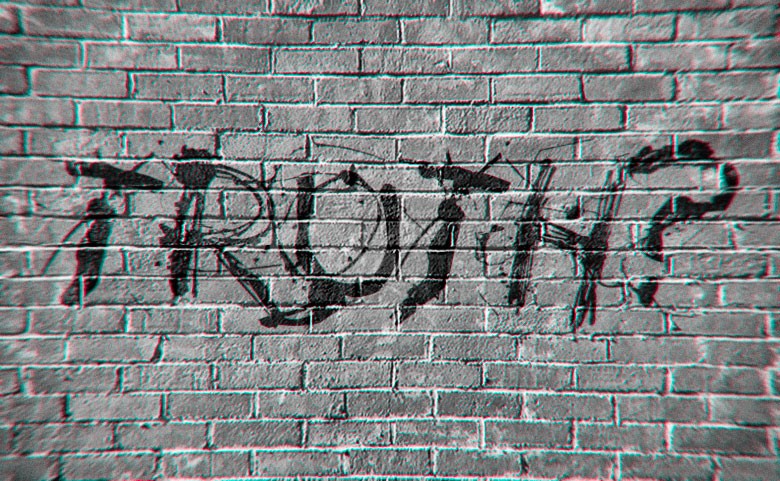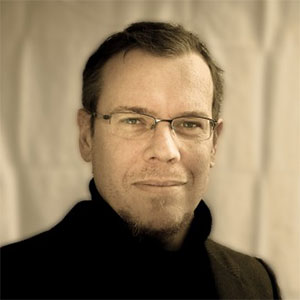
If you listen to evangelical Christian apologists for any length of time, you will soon hear reference to an ominous “post-truth culture” or a “post-truth world.” As Lee Strobel observed in a 2017 interview: “we see a trend toward a postmodern mindset and ‘post-truth’ culture.” And as John C. Richards, Jr. opines in Christianity Today: “culture asks us to capitulate and live as ‘law-abiding’ citizens in a new post-truth world.” Richards continues,
“Last year the assault on truth was stunning. ‘Post-truth’ was named Oxford Dictionaries’ 2016 word of the year. Americans witnessed a tension-filled presidential campaign where truth-telling took a back seat to statistical errors and talking points. People shared fake news articles that hardly met the lowest levels of journalistic integrity. The world is changing rapidly, embodying this post-truth ethos.”
This sounds dramatic and, as I said, ominous. If these apologetic reports are to be believed, the sun is setting on truth as we move into this brave dark new world where truth no longer matters. Enter the apologist who is concerned to defend the objectivity of truth and beat back the forces of darkness with astute arguments and evidence and savvy cultural analysis.
Richards is right about one thing: there was an assault on truth during the last American presidential election. And that assault on truth was indeed stunning. But that is largely due to an American presidential campaign and presidency that avails itself of what Kellyanne Conway infamously referred to as “alternative facts.” And it is exacerbated by what is indeed a troubling trend, namely the tendency to become increasingly locked in social media echo chambers that merely reinforce our personal opinions.
But does it follow that the world is increasingly “embodying this post-truth ethos”? The short answer is, no.
Consider first that the effect of which we speak manifests itself primarily on a relatively narrow band of belief. Trump and his administration may be notorious habitual liars. And the average person may be increasingly susceptible to having their political or religious opinions reinforced on social media. Nonetheless, on most topics we are as concerned with truth as we ever were. We get up in the morning, make coffee and some breakfast, listen to the morning news, traffic and weather, and plan our commute based on the information we hear. When we get to work, we talk at the water cooler about the news of the day. We answer emails and fill out paperwork, and drive home when our work is done. And on it goes: in most of our mundane beliefs precisely nothing has changed. To characterize this as a “post-truth world” is nothing short of absurd.
So what’s really going on? To begin with, we can note that the effect we are concerned with is primarily localized to religious and political opinions. These are the beliefs about which we are most likely to become siloed in an echo chamber. Having said that, let’s note three things.
First, this tendency is nothing new. After all, the warning against veering into religion and politics in polite conversation is old hat. Our tendency to silo may be exacerbated by social media, but the tendency itself is familiar to us all.
Second, the apologist’s diagnosis of the situation as being “post-truth” is a complete misdiagnosis. The problem is not that we are becoming post-truth about religious or political beliefs but rather that we are more apt to exhibit cognitive bias about these beliefs. We still ostensibly care about truth as much as ever, but we are more likely to exhibit cognitive bias in retaining and defending the religious (or irreligious!) and political beliefs we currently hold to be true.
Third, it is especially important to note that evangelical Christians—the very people who are most apt to consume this kind of alarmist apologetics—are as susceptible to cognitive biases as anybody. And that includes many of the very apologists who bemoan the retreat to a so-called post-truth world.
So where does this alarmist rhetoric come from? That’s a great question. I suspect there are many reasons evangelical apologists are prone to avail themselves of the dramatic language of a “post-truth world” or a “post-truth culture.”
For starters, this drama reinforces the notion of a culture war and the importance of the apologist in that war. Practically speaking, this is even more important if the apologist in question needs to raise money for his/her apologetics ministry. There’s no better way to raise money than to talk of (culture) war.
In addition, this language fits nicely with the premillennial pessimism that remains common among conservative evangelicals. They already believe the world is going to hell in a hand basket, so these dire reports merely reinforce their preexisting pessimism bias.
But the irony is that by repeatedly invoking such overblown rhetoric, the evangelical apologist is less likely to become aware of—and redress—the very cognitive biases that make them less able to attain the very truth they profess to defend.
Photo by Dan Wilkinson.
 About Randal Rauser
About Randal Rauser
Randal Rauser is Professor of Historical Theology at Taylor Seminary in Edmonton, Alberta. He is the author of many books, including What’s So Confusing About Grace? (2017), Is the Atheist My Neighbor?: Rethinking Christian Attitudes toward Atheism (2015), The Swedish Atheist, the Scuba Diver, and Other Apologetic Rabbit Trails (2012), and You’re Not as Crazy as I Think: Dialogue in a World of Loud Voices and Hardened Opinions (2011). Rauser blogs and podcasts as The Tentative Apologist at randalrauser.com.